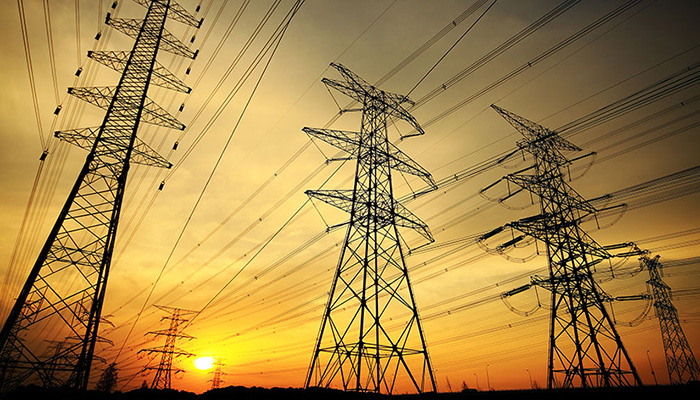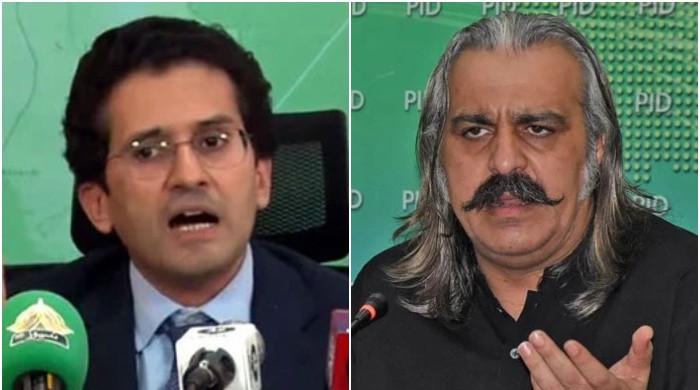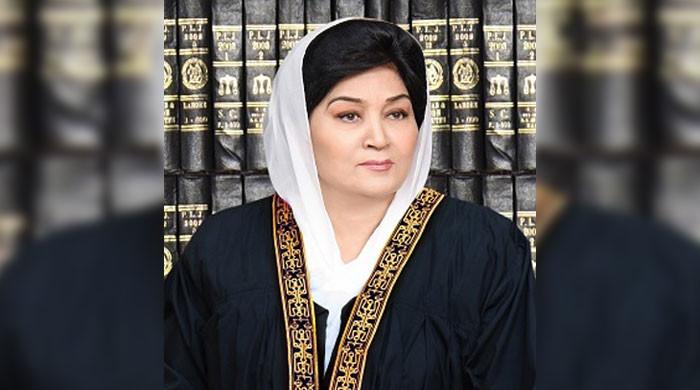Govt likely to approve electricity tariff relief for industry, seasonal gas tariffs
Both plans for reducing electricity and seasonal gas tariff to be forward to cabinet on Thursday
February 19, 2020

ISLAMABAD: The government is likely to approve a tariff reduction plan for industrial electricity and introduce seasonal gas tariff in the country on Thursday with the view to give an impetus to industrial activities and provide relief to gas consumers, reported The News.
"This all is being done on the directives of Prime Minister Imran Khan who has got agitated over the steep spike in inflation and hike in power and gas tariff," a senior official told The News.
"Though it is an out-of-box solution but the IMF will hopefully have no objection on it as the revenue requirements will be fulfilled," he added.
Both the plans for reducing electricity tariff and seasonal gas tariff will be put forward to the Federal Cabinet when it meets tomorrow.
The official shared that under the plan industrial electricity tariff reduction plan the tarrif would be reduced by Rs3.50 per unit. Currently, the industrial tariff stands at almost Rs16 per unit and under the plan the government will decrease it by Rs1.50 per unit immediately and would fturether decrease It later by Rs2 per unit.
PTI-led government plans to convert CNG stations into EV charging terminals: report
"To stabilise the tariff, the government has decided to stagger the impact of Quarterly Adjustment Tariff and Monthly Fuel Adjustment in a manner that revenue requirement would not be impacted. So much so, the challenge of capacity payment issue would also be met as under the stabilised tariff, the consumption of electricity will increase manifold all the year," he said.
"The capacity payment per unit stands at Rs4.94 per unit and when the power projects become operational, the capacity payment charges get reduced to Rs3.05 per unit that power consumers pay," the official told The News.
Under other scenario, the Power Division, wants to extend the flat tariff regime based on annualized average rates, meaning by that electricity a consumer consumes in one year will use it first and then he will qualify for using the facility of flat tariff regime.
More importantly, the flat tariff regime will be introduced for the industrial sector based on annualised average tariff rates for 20 off-peak hours and this will help reduce the industrial tariff. This will lure industrialists to utilise more electricity owing to which demand for electricity will increase and all the idle powerhouses will be functional and this is how the issue of capacity payment would be met.
It is pertinent to mention that the government has extended for four months in the winter season flat tariff at Rs11.97 per unit as one consumer uses every month the amount of electricity as per the billing record.
PTI-led government plans to convert CNG stations into EV charging terminals: report
And under the proposed seasonal gas tariff plan, he said, consumers receive bills with big amounts in the winter season because of increase in its consumption but get gas bills with small amounts even in hundreds in the summer season. The Petroleum Division has worked out to reduce the burden of bills with heavy amounts in the winter season by staggering some of its amount in the summer season, which will provide relief to consumers in the winter season. For instance, a gas consumer who had a bill of Rs6,000 in the winter season will be provided relief by reducing the bill to Rs3,000 with the remaining Rs3,000 added to his bill in the summer season. However, there will be no increase in gas prices for the domestic sector if kept in view the OGRA determination for 2019-2020.
The official said that the Monthly Fuel Price Adjustment is worked out based on the reference price of fuel with dollar value every month while comparing with the actual price of fuel with the new dollar value and the gap between them is passed on to consumers and sometime in next month, fuel prices come down in the international market and the fuel price gets adjusted. Now it will not be done as the government has decided to freeze the passing of fuel adjustments per month to consumers. Under the strategy, the government will work out the average fuel price of monthly fuel price in 12 months and at the end of the year, the tariff in monthly fuel price would be adjusted with plus and minuses.
Similarly, the Quarterly Tariff Adjustment will first be implemented when its time is over, then other QTA will be implemented and this is how there will be stabilization in the tariff.
Originally published in The News











